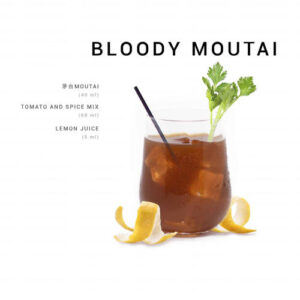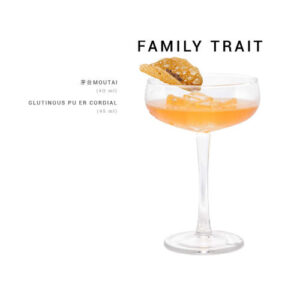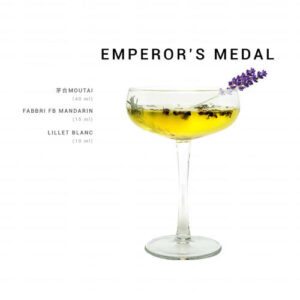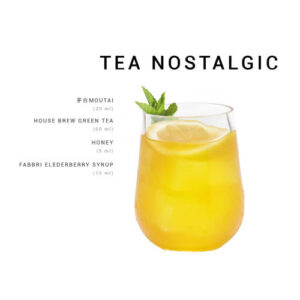MengZhiLan

Introduction of Mengzhilan Dream Blue
Mengzhilan (Dream Blue) is a model of Chinese liquor, carrying rich historical and cultural heritage. Its unique brewing process and high-quality ingredients ensure the outstanding quality of the liquor, showcasing the excellence of Chinese brewing craftsmanship in aroma, taste, and texture. Dream Blue represents the inheritance and innovation of Chinese liquor culture, becoming the top choice for consumers both domestically and internationally. As one of the leading brands in the Chinese liquor industry, Dream Blue not only garners attention in the domestic market but also demonstrates the charm and influence of Chinese liquor culture on the international stage.
Origin and Distillation:
Yanghe Dream Blue liquor is produced in Yanghe Town, Jiangsu Province, China. Situated in the Yangtze River Delta, the region enjoys pleasant climate and fertile land, providing superior natural conditions for liquor production. During the brewing process, high-quality sorghum, wheat, and other grains are selected, undergo meticulous processing and solid-state fermentation. Then, special distillation techniques and multi-level distillation technology are employed, followed by aging in oak barrels, resulting in a mellow and refreshing taste. Yanghe Dream Blue liquor, with its unique origin and exquisite brewing craftsmanship, has become one of the best among Chinese liquors, deeply loved by people.
Alcohol Content and Flavor Profile:
Yanghe Dream Blue liquor is renowned for its high alcohol content and rich taste. With an alcohol content of around 52%, slightly higher than typical liquors, it offers a more mellow and intense taste. Every sip of Dream Blue liquor exudes unique sauce aroma and fresh wheat fragrance, smooth and mild on the palate with a slight sweetness, leaving a lingering aftertaste. The taste of Dream Blue liquor is rich and deep, with a long-lasting aroma, making it an excellent choice for tasting.
History and Cultural Significance:
Yanghe Dream Blue liquor carries rich historical heritage and profound cultural value, being one of the precious heritages of Chinese liquor culture. Since its establishment, Dream Blue liquor has always won countless people’s favor and praise with its outstanding quality and unique style. The history of Yanghe Dream Blue liquor can be traced back to nearly a century ago, originating from Yanghe Town, Jiangsu Province, China. After years of development and inheritance, today’s Dream Blue has become one of the leaders in the Chinese liquor industry, representing the pinnacle and essence of Chinese liquor culture. Each bottle of Dream Blue liquor carries the accumulation of a hundred years of brewing craftsmanship and the inheritance of exquisite skills, vividly portraying the Chinese nation’s liquor culture. Besides its excellent quality, Yanghe Dream Blue liquor also contains rich cultural connotations. It is not only a beverage but also a symbol of culture, representing the profoundness of Chinese traditional liquor culture. In ancient Chinese poetry and literature, praises for Dream Blue liquor can often be found, with its aroma and taste being hailed as “the best among fine liquors.”
Yanghe Dream Blue liquor embodies the essence of Chinese liquor culture, serving as an outstanding representative of Chinese brewing craftsmanship and an important carrier of Chinese culture. It is not only an important part of Chinese people’s dietary culture but also a part of Chinese cultural tradition, worthy of cherishing and inheriting.
Baijiu Knowledge
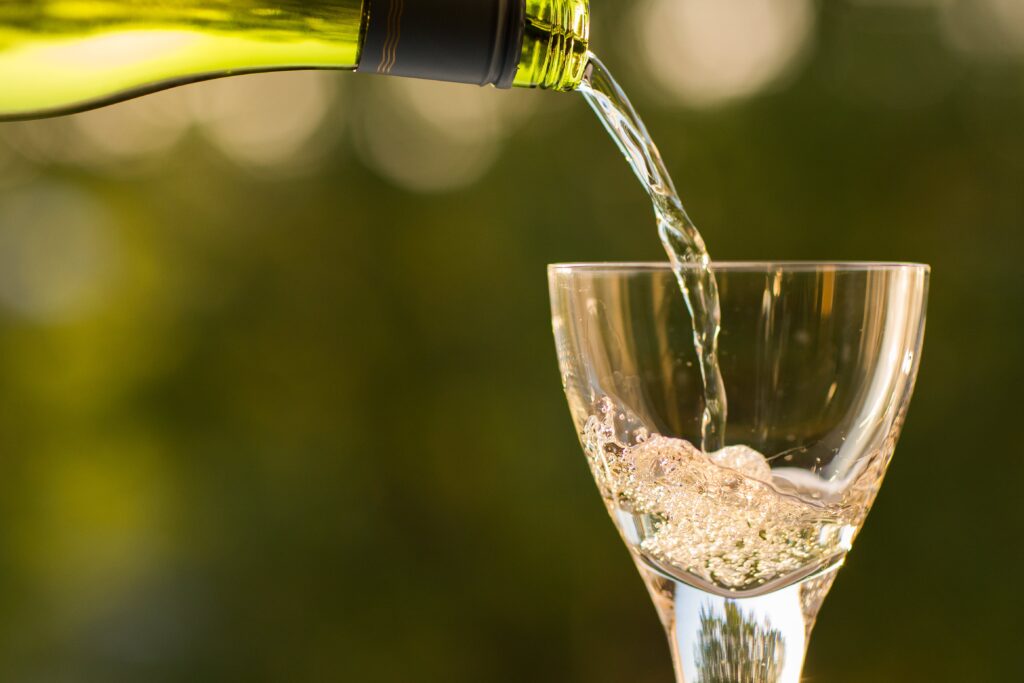
Moutai is a brand of baijiu, a distilled Chinese liquor, made in the town of Moutai in China’s Guizhou province. Produced by the state-owned Kweichow Moutai Company, the beverage is distilled from fermented sorghum and now comes in several different varieties. Maotai originated during the Qing Dynasty (1644–1911), when northern Chinese distillers introduced advanced techniques to local processes to create a distinctive type of baijiu.
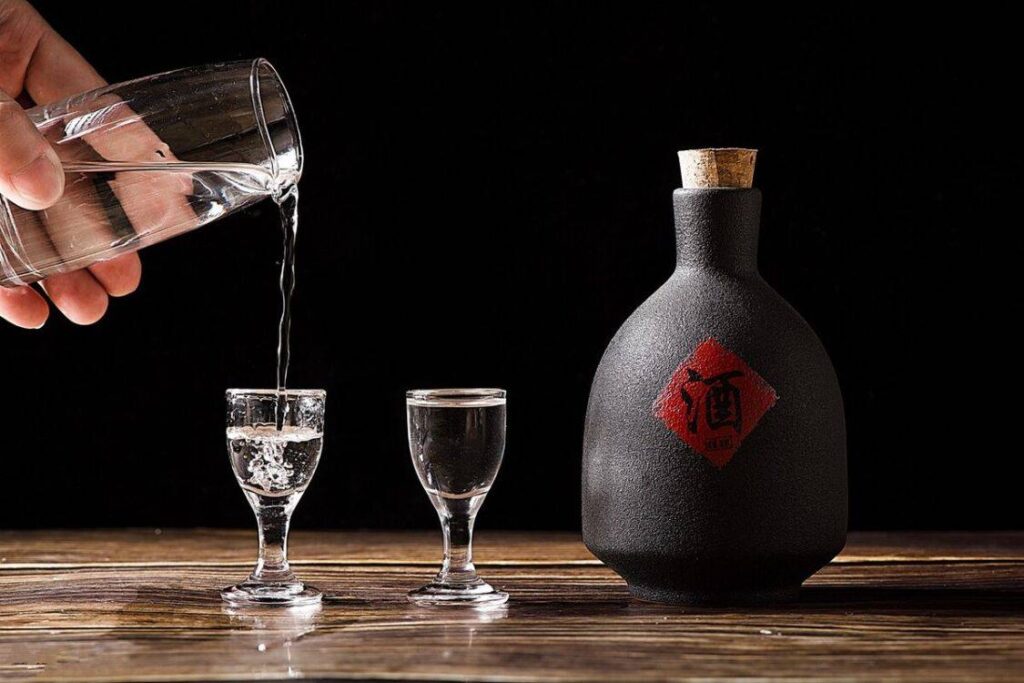
Thereafter Moutai was produced at several local distilleries. During the Chinese Civil War, People’s Liberation Army forces camped at Moutai and partook of the local liquor. Following the Communist victory in the war, the government consolidated the local distilleries into one state-owned company, Kweichow Moutai (the name is an old romanization of ‘Guizhou Moutai’). It became a popular drink at state functions and one of the country’s most popular spirits.

